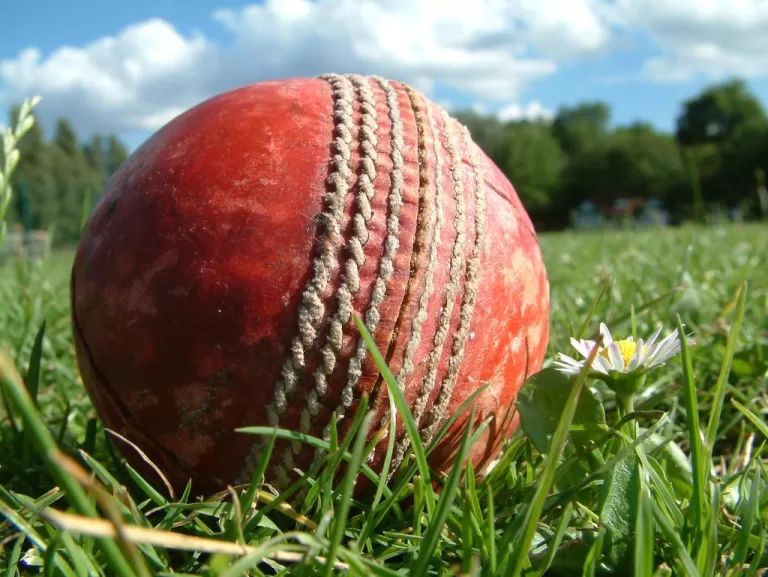Following the Australian ball tampering episode, ICC has now introduced stricter penalties and ball tampering is now a more serious offence…
Since the Australian ball tampering episode in South Africa earlier this year, harsher penalties for ball tampering had been on the cards. Cricket Australia had taken harsher steps than the ICC for the players involved in that ball tampering incident. According to the ICC Code of Conduct, Steven Smith would have gotten a one test ban while Cameron Bancroft would have gotten three demerit points. Cricket Australia, however, went a few steps ahead. Captain Smith and David Warner were banned from international cricket for a year while Bancroft was banned for nine months. But ICC, now, has introduced stricter penalties and ball tampering is now a more serious offence.
The 75th ICC annual conference was held in Dublin last weekend. The conference concluded with some significant changes to the ICC Code of Conduct. The code of conduct now not only includes stronger sanctions for ball tampering but four new offences as well. Altering the condition of the ball is now a level 3 offence, up from being a level 2 offence previously. The sanctions for a level 3 offence have also become more stringent. A level 3 offence can earn a player 12 suspension points now, up from the previous eight. This means a player guilty of ball tampering can now be banned for a maximum of six test-matches or 12 ODIs. A level 4 offence will earn a minimum of 12 suspension points according to the changes.
Harsher punishments for ball-tamperers confirmed at the ICC's 75th Annual Conference.
READ ⬇️https://t.co/EkN6DLVul1 pic.twitter.com/6fbaT6PVz1
— ICC (@ICC) July 2, 2018
The four newly introduced offences are: personal abuse, audible obscenity, attempting to gain an unfair advantage, and disobeying an umpire’s instructions. Personal abuse and attempting to gain an unfair advantage can be level 2 or 3 offences while audible obscenity and disobeying an umpire’s instructions are level 1 offences. Match referees will now hear level 1, 2, and 3 charges and a judicial commissioner will hear a level 4 charge. An appeal fee has also been introduced. The support staff or players will have to pay this fee before appealing, and the fee will be refunded if the appeal is successful.
These measures attempt to regain the trust of fans in the game and make it fairer. We just hope these harsher sanctions will curb down instances of any kind of cheating in the future. ICC is also now considering holding boards liable for their players’ offences. Stronger deterrents to players and the administration will only help keep the spirit of the game alive.
